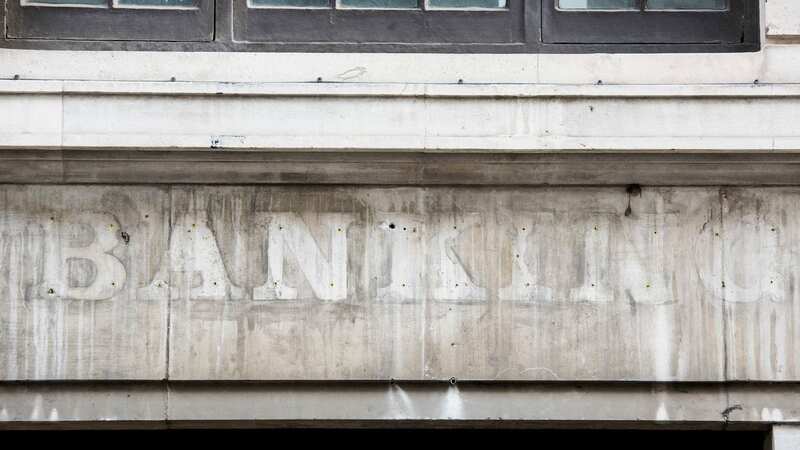

Almost three million people will not have a physical bank branch in their constituency by the end of the year, according to research by Which?.
The consumer group has highlighted that banks and building societies have been closing at a worrying rate, with over 5,800 branches shutting since 2015. Which? research suggests that 30 parliamentary constituencies, home to an estimated 2.8 million people, will have no physical bank branches left by the end of this year.
Sam Richardson, deputy editor of Which? Money, said: "A closed bank branch isn't just a high street eyesore, but one less place for consumers to go to withdraw cash or access in-person banking services. Which? research shows that millions of people could be without a local branch by the end of 2024 as banks continue to close at an alarming rate."
He also said that alternatives like banking hubs could help, but they are being introduced too slowly. A spokesperson for UK Finance, which represents the banking and finance industry, commented: "An ever increasing number of people are using telephone, mobile and internet banking and fewer people are visiting bank branches on a regular basis.
"This means banks are having to make difficult decisions about the number of branches they operate. A decision to close one is never taken lightly and only happens after an extensive review of its usage and consideration of other options in the local area.
 Bank of Dave self-made millionaire giving away money to 'keep kids working hard'
Bank of Dave self-made millionaire giving away money to 'keep kids working hard'
"The banking industry is committed to ensuring there is continued access to cash for those who need it, when they need it. Significant ongoing investment is being made to deliver this commitment, including shared banking hubs, free ATMs and cashback without purchase."
"There are 31 shared banking hubs open now across the country, with a further 70 scheduled to open later this year. There is also the option to do a lot of day-to-day banking at the Post Office, which has around 11,500 branches across the UK."
Here are the constituencies identified by the consumer group which used census data to make population estimates: Barnsley East; Bolton West; Bradford South; Central Suffolk and North Ipswich; Clwyd South; Colne Valley; Denton and Reddish; Don Valley; East Worthing and Shoreham; Erith and Thamesmead; Glasgow North East; Liverpool, West Derby; Mid Bedfordshire; Mid Derbyshire; Newport East; North East Derbyshire; Nottingham East; Penistone and Stocksbridge; Plymouth, Moor View; Reading West; Rhondda; Sedgefield; Sheffield, Hallam; St Helens North; Stone; Swansea East; Warrington North; Wentworth and Dearne; Wirral West and York Outer
* An AI tool was used to add an extra layer to the editing process for this story. You can report any errors to webhomepage@mirror.co.uk